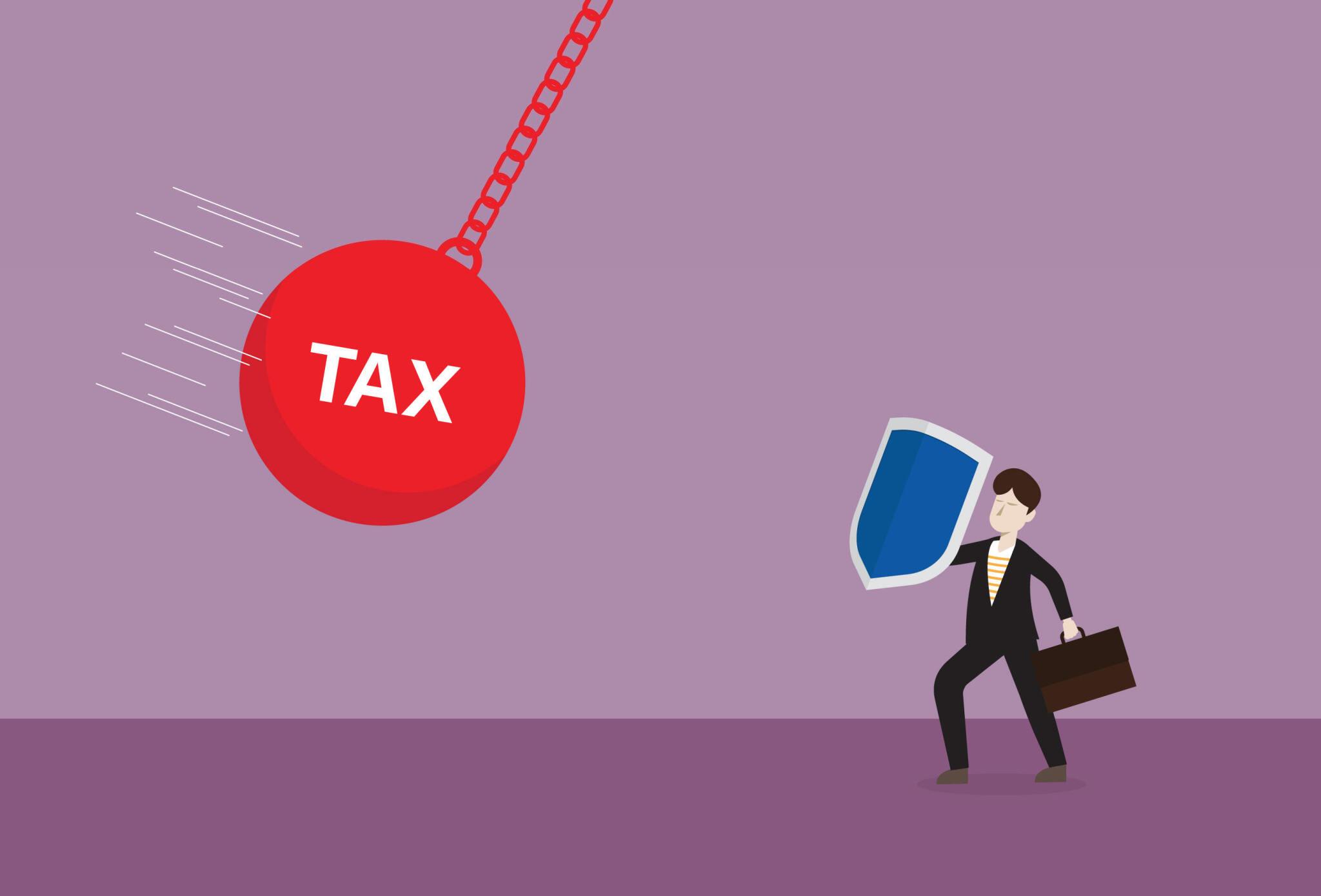
If it sounds too good to be true, it probably is. We’ve all heard this saying, and when it comes to taxes, it couldn’t be more accurate. History teaches us that the tax season can be a bit like crossing a minefield, with potential pitfalls and traps waiting for the unsuspecting taxpayers. It is wisdom to not be a history-repeater.
Six Sneaky Common Tax Scams to Watch Out For
- The IRS Imposter
You pick up the phone expecting your grandma, but instead, it’s “Agent Smith” from the IRS, threatening arrest or demanding immediate payment for a phantom debt. Don’t panic! The real IRS won’t call you out of the blue, especially not to make threats. Hang up and report the call.
- Refund Bait Alert
Your inbox is flooded with emails promising “guaranteed refunds” or “free tax filing.” These emails often contain malicious links that can steal your personal information when you click. Remember, legitimate organizations won’t send unsolicited emails with such tempting offers. Think before you click, or better still, never click!
- The Fast Refund Risk
A website pops up promising lightning-fast refunds in exchange for a small “processing fee.” Be wary! These websites might charge exorbitant fees or even steal your identity. Stick to trusted tax preparation companies or software, and remember, there’s no magic refund button.
- Social Security Scam Alert
A text message or email warns you about a “problem” with your Social Security number and asks you to click a link to “fix” it. Don’t fall for it! This is a classic phishing scam to steal your Social Security number, a key to your financial identity.
- Big Deduction, Big Scam
Someone calls you claiming you’re eligible for a huge tax deduction by donating to a “charity.” Before you open your wallet, do your research! Verify the charity’s legitimacy with the IRS website. Remember, real charities won’t pressure you into donating.
- Tax “Expert” Nightmare
You hire a “tax expert” who promises incredible deductions and guarantees a massive refund. Be cautious! Always check their credentials and references. Don’t sign anything you don’t understand, and never give them access to your bank accounts or other sensitive information.
Essential Tips for Staying Safe
Now that you know the enemy, let’s equip you with the tools to defeat them:
- Stay Informed: Educate yourself about common tax scams. The IRS website is your best friend. Read their scam alerts and get familiar with their communication methods.
- Guard Your Data: Don’t share your Social Security number, bank account information, or other sensitive details with anyone you don’t know and trust. Be careful where you enter this information online.
- Verify and Double-Check: If you receive any communication claiming to be from the IRS, your bank, or a tax authority, don’t respond directly. Don’t click on links or download attachments in emails, even if they seem legitimate. Always verify the sender and contact the sender directly (through their official website or phone number) if you’re unsure.
- Use Secure & Updated Software: Invest in reputable tax preparation software or choose a trusted tax professional. Make sure they use secure online platforms and data encryption. Also, outdated software has security vulnerabilities that scammers can exploit. Make sure your operating system, antivirus software, and tax preparation software are up to date.
- File Electronically: This minimizes the risk of your paperwork getting lost or intercepted. It’s also faster and more secure than mailing your return.
- Otherwise, keep your paperwork safe: Don’t throw away your tax documents until you’re sure you won’t need them anymore. Shred any documents containing your personal information before throwing them away.
- Strong passwords are your friends: Use complex, unique passwords for your tax filing software, online banking accounts, and any other financial platforms. Avoid using personal information like birthdays or pet names.
- Consult FinServe Pro: If you’re unsure about anything related to your taxes, don’t hesitate to consult with a qualified tax professional. They can help you avoid scams and ensure you’re filing your return correctly.
Here’s the deal: filing your taxes can be stressful enough. However, between gathering paperwork, crunching numbers, and figuring out deductions, the last thing you want to add to that mix is falling victim to a tax scam.
Don’t let this be you!




